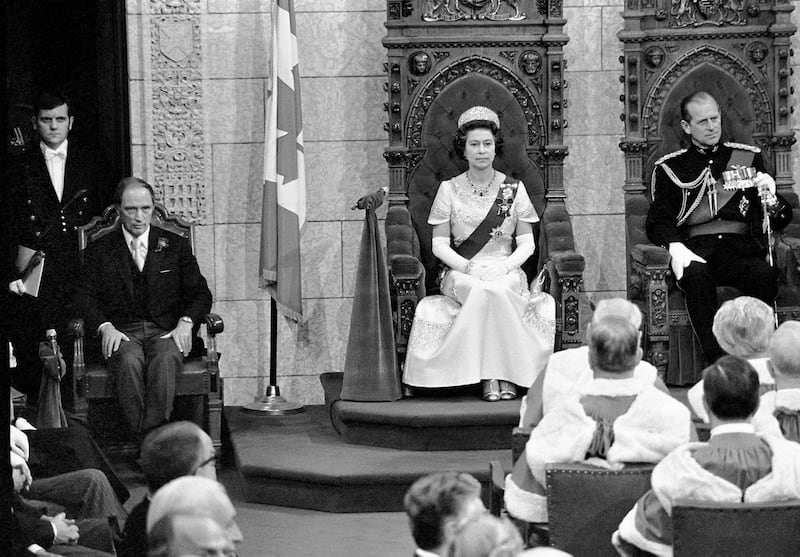King Charles and the Historic Opening of Canada’s Parliament: Symbolism and Impact

King Charles will soon open Canada’s Parliament—a rare and historic event that blends tradition with modern meaning. This moment signals not only commitment from the monarchy but also a renewed focus on Canada’s sovereignty at a time of political uncertainty and global scrutiny.
A Royal Milestone in Canadian History
It has been nearly half a century since a reigning monarch personally delivered Canada’s speech from the throne. The last time this happened was in 1977, when Queen Elizabeth II opened Parliament in Ottawa. Now, King Charles’s presence carries immense symbolic weight. It demonstrates the evolving role of the Crown in today’s world and affirms strong ties between the United Kingdom and Canada.
According to CTVNews.ca’s royal contributor Afua Hagan, King Charles’s involvement is much more than a ceremonial gesture. In her analysis, Hagan notes, “This speech is history in real time—where the symbolism of the sovereign meets the realities of a changing nation.” The address is set against a backdrop of economic challenges, cross-border tensions, and debates on the monarchy’s relevance.
The Political and Constitutional Significance
The decision for King Charles to deliver the throne speech follows an invitation by Prime Minister Mark Carney. Carney described it as “an historic honour which matches the weight of our times.” With rising pressures from global leaders and internal questions on national identity, the king’s visit affirms Canada’s independent status as a constitutional monarchy. As The Guardian reports, Carney emphasized that the event underscores Canada’s sovereignty—an especially vital message amid heightened relations with President Trump.
No official business can start in Canada’s parliamentary system until the monarch (or their representative) delivers the throne speech. By performing this constitutional duty himself, King Charles reinforces not only parliamentary tradition but also the enduring connection between the Canadian people and the Crown. This proactive approach to his royal obligations comes as he is also managing personal health challenges, further underscoring his dedication.
Meeting Modern Challenges with Symbolic Leadership
King Charles is stepping into his role at a time when both tradition and leadership are being revisited around the world. His reign has already shown a willingness to engage with issues like climate change and social inclusion. Now, by delivering the speech in person, he aims to project stability and unity in the face of adversity—from evolving Canadian politics to pressures from neighboring countries.
A detailed BBC coverage of this rare event delves into the prime minister’s motivations and the significance behind requesting the monarch’s presence. With Donald Trump expressing ambitions to reshape North American relations, King Charles’s visit becomes not only tradition but also a political signal—one that reaffirms Canada’s autonomy.
A Defining Moment for the Monarchy and Canada
King Charles’s visit delivers a powerful message: that continuity, resilience, and constitutional order still matter in the 21st century. His speech from the throne will affect not just politics, but national identity. It is a moment that might inspire renewed discussion about the relevance of the monarchy and the strength of Canada’s parliamentary democracy.
As CTVNews.ca notes, the king’s presence underlines the value of steady institutions in turbulent times. Canadians—and the world—will be watching, as a historic tradition finds new relevance in the contemporary era.
Conclusion
King Charles’s opening of Canada’s Parliament in 2025 will be remembered for its symbolism and impact. The event highlights how enduring institutions can offer stability in uncertain times. As Canada navigates both internal and external pressures, this visit reaffirms the nation’s values and its connection to the monarchy. To explore the background and wider implications, see detailed perspectives in The Guardian’s coverage and CTVNews.ca’s royal analysis.